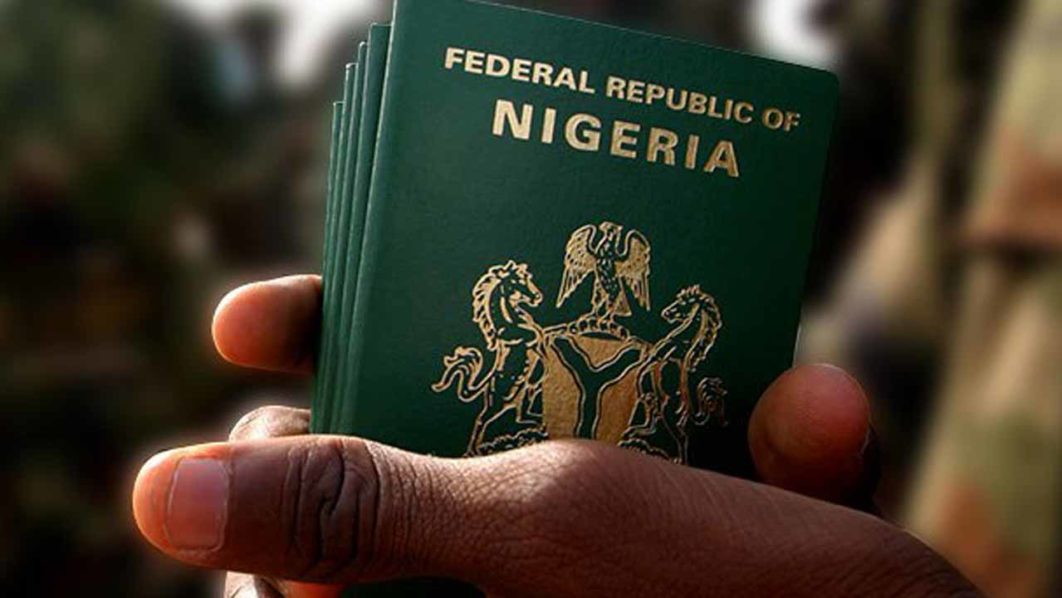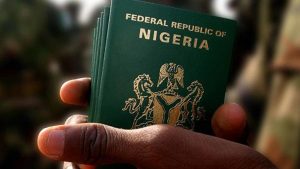The United States Embassy yesterday invoked its reciprocity rule, after more than 18 months of unfruitful negotiations with the Nigerian government to reduce its high visa fee.
“The total cost for a U.S. citizen to obtain a visa to Nigeria is currently higher than the total cost for a Nigerian to obtain a comparable visa to the United States. The new reciprocity fee for Nigerian citizens is meant to eliminate that cost difference,” says a statement by the Public Affairs Section (PAS) U.S. Consulate General in Lagos.
The new fee for all approved applications for non-immigrant visas in categories: B, F, H1B, I, L, and R will begin tomorrow.
The statement adds: “The reciprocity fee will be charged in addition to the non-immigrant visa application fee, also known as the MRV fee, which all applicants pay at the time of application. Nigerian citizens whose applications for a non-immigrant visa are denied will not be charged the new reciprocity fee. Both reciprocity and MRV fees are non-refundable, and their amounts vary based on visa classification.”
Nigeria, Saudi Arabia and the United Kingdom have some of the most expensive visa regime, with applicants being subjected to multiple scrutiny and bureaucratic tapes by consular and security agencies.
United States citizens pay as much as $270 for a single-entry visa. They are also charged $160 for consular services, another $100 for ‘administration’ and $10 for ‘processing.’
As at May 2018, Mr. Sunday James, the deputy comptroller in charge of information management at the Nigeria Immigration Service (NIS), was quoted by local media as saying he was “not aware that Nigeria’s visa was among the most expensive.”
The House of Representatives Committee on Diaspora had, in December 2017, queried the NIS for demanding exorbitant amounts for visas.
The reciprocity rule entails that Nigerian applicants will now pay an application fee of $160 and another $110 for visa issuance if successful. They also have a grace period of five days to pay the additional issuance fee.
Further inquiry revealed that Nigerian citizens are not the only ones required to pay a reciprocity fee. The Department of State reviews the amounts foreign governments charge U.S. citizens on a regular basis and adjusts its fee schedules accordingly. It also requires citizens of countries that charge higher to pay a non-immigrant visa issuance fee or reciprocity fee after their application is approved.
Following the almost two years of failed negotiations with the Federal Government, through the Foreign Affairs and Interior ministries, the U.S. Department of State took the decision in accordance with Section 281 of its Immigration and Nationality Act (INA).
The section provides that the “Department of State establish visa fee corresponding to the total of all visa, entry, residence, or other similar fee, taxes, or charges assessed or levied against nationals of the United States.”
The new fee regime “applies to all Nigerian citizens, regardless of where in the world they are applying for a non-immigrant visa to the United States.”
Payback: U.S. raises visa fee






